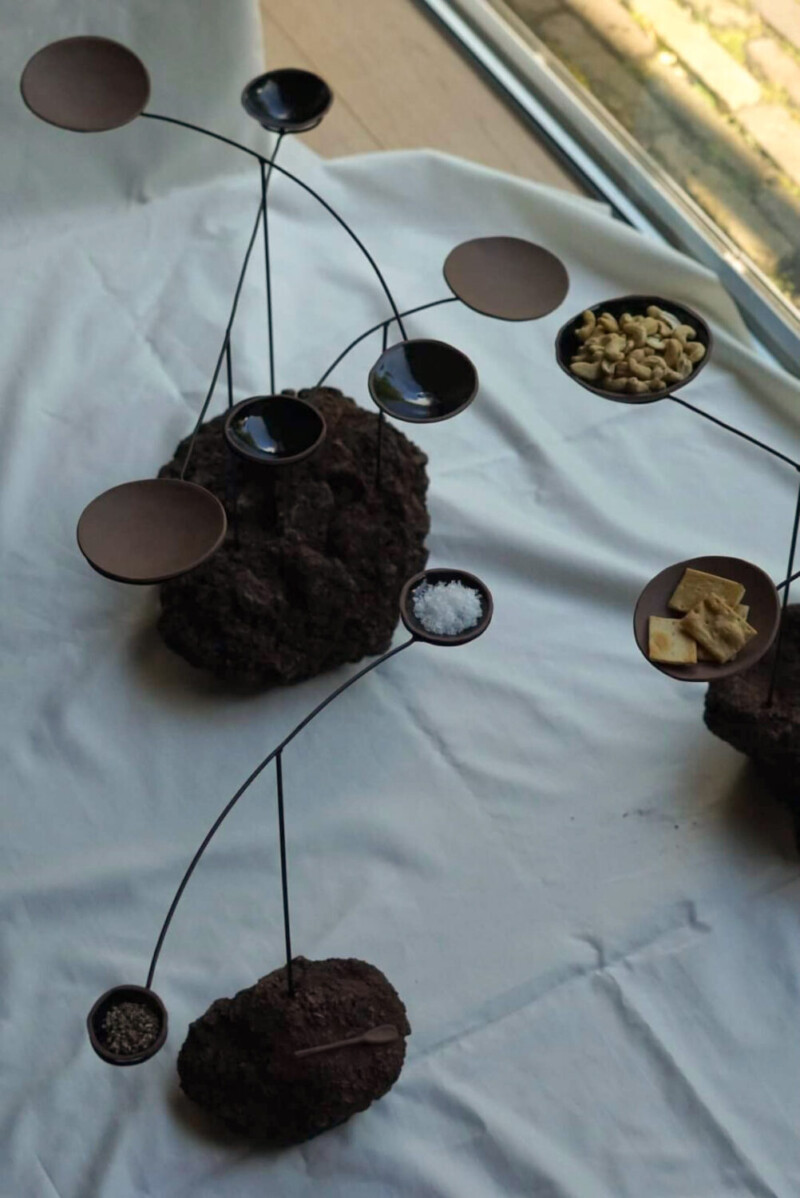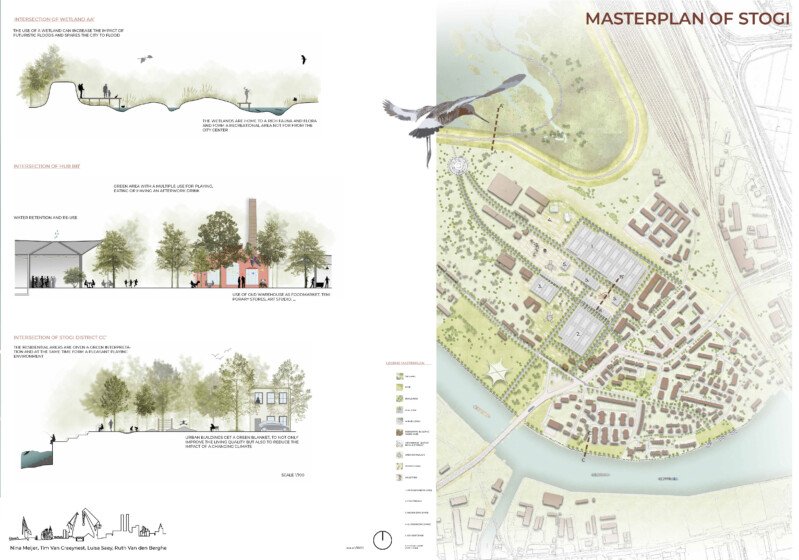 Info momentvisit daysAgendaStuderen
Info momentvisit daysAgendaStuderenOn Wednesday, March 4, we are organizing an information session for prospective students, where you can talk to students, teachers, and study and learning track counsellors from all of our programmes.
Make a reservation for a scheduled tour or information session. Below you will find a shortened version of the program, but it is best to base your plans on the information in the reservation form and the confirmation emails for your visit. Please pay particular attention to the locations.
You are welcome to visit all of our programmes, except for drama. You can visit the drama department during the open day on April 26.
9000 Gent
visual and audiovisual arts, music production, interior design, landscape and garden architecture, landscape development, curatorial studies, educational master
9000 Gent
classical music, composition
musical instrument making (Nederpolder)
jazz & pop (Paddenhoek)
landscape development
1 year
read more about the programme
The landscape as design object
Landscape is where the societal challenges of the twenty-first century converge. Formulating responses to problems such as food security, climate change, biodiversity loss and migration requires a holistic approach to the landscape as a supra-local system. The landscape is also increasingly becoming a design object on a regional scale. Landscape design aligns the desires of diverse stakeholders and develops strategic and recruiting visions that enable concrete, socially desirable realisations.
Multidisciplinary and in dialogue
This bachelor after bachelor forms you as a professional who has the analytical and synthetic abilities to read the landscape independently and critically in order to make creative and reasoned design, layout and management proposals.
In the first quarter, you will mainly learn to fathom the contemporary landscape by gaining insight into the way it was created as a system of relationships. There is also a focus on methodologies for developing landscapes and on how governments and professional design agencies approach them. The second quarter studies the creation of landscapes and how landscape development uses and is situated within spatial planning. In the third quarter, we question the landscape philosophically, become familiar with the basic principles of landscape management and also focus specifically on landscapes of and in the city.
Knowledge and insights are applied practically in quarterly landscape design projects. These are design workshops around large-scale spatial cases where you work in groups. Independently looking up the necessary information, interpreting it and forming your substantiated vision are essential here. The approach is multidisciplinary: within the projects, each participant contributes on the basis of his or her prior training and competences, in order to formulate a supported response to the proposed challenges. These projects often start from specific questions from the field. Dialogue between group members, external clients and the lecturers is central. This dialogue is typical of working on the landscape at a supra-local scale level. During the projects, as well as at the end, there are moments of consultation between the students and the clients. Thus, design research has already been carried out for municipal authorities, provincial authorities, non-profit organisations and a number of private partners. Geographical Information Systems, which are thoroughly taught throughout the course, are an important tool in this. Finally, in the fourth quarter of the programme, you will go on work placement for eight weeks.
The programme is offered in Dutch. The internships, projects and the study trip often have a strong international component.
Who is this program for?
The intake consists of landscape and garden architects, green space managers, architects, urban planners, bachelors in real estate, surveyors, geographers, environmentalists and interior architects. This significant heterogeneous intake reflects the multidisciplinary reality of the field.
The programme is open to students with at least a bachelor's degree. There is no admission test, but depending on your individual preliminary route, you will go through an intake procedure. During an intake interview, we test your expectations of the programme and teachers evaluate your competences in terms of green knowledge and spatial insight.
The working field
The bachelor after bachelor degree in landscape development is an important added value in the field of urban planning, spatial planning, landscape architecture, architecture, green management and Geographical Information Systems. Graduates of the programme are employed in public administrations (Flemish government, provinces, cities and municipalities), public institutions (e.g. the Flemish Land Agency and the Regional Landscapes) and study bureaus at home and abroad. Afterwards, you can join a master's programme in spatial planning, urban planning and landscape architecture.
teachers
study programme
enrolment
Depending on the degree you obtained earlier, the admission procedure differs. Be sure to read the admission requirements carefully.
credits
- Graduation 2021, photo: Benina Hu
- photo: Jordi Coppers





